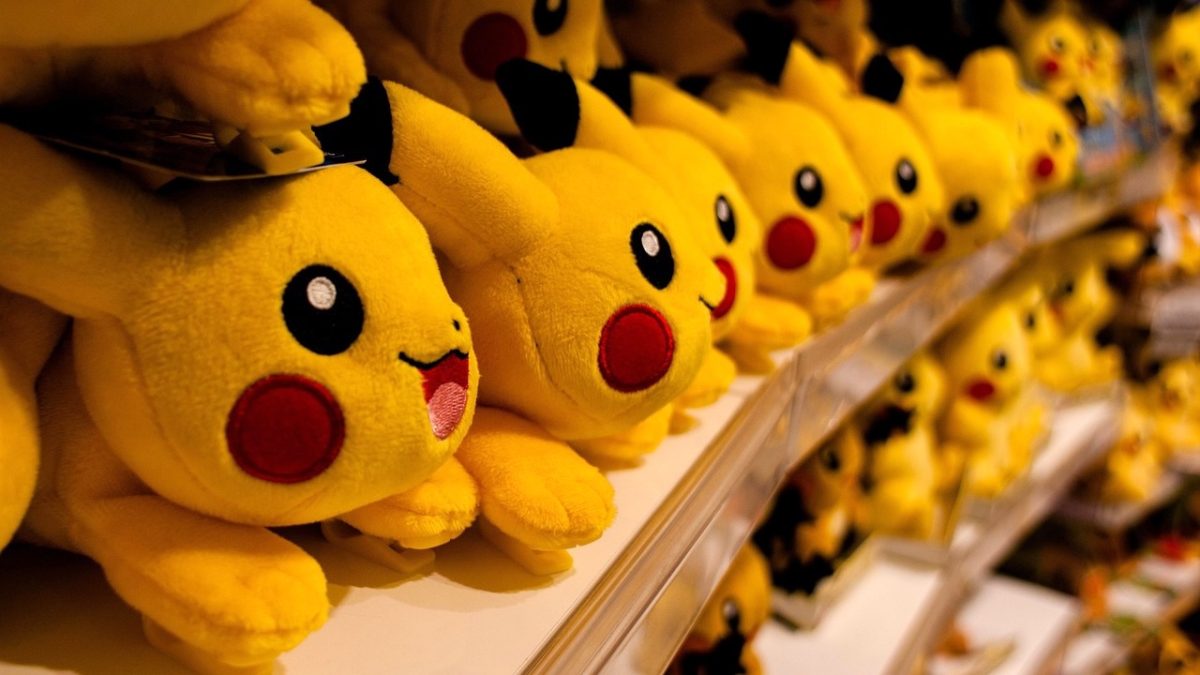Senior Jeffrey Beverick doesn’t know what his life would have been like without his half-sister.
“She is important to me, we are each other’s best [friend],” he said. “We benefitted from having each other.”
Beverick shares a mother with his sister and can relate to a new study by Karen Guzzo, assistant professor in sociology for the University, and Cassandra Dorius, assistant professor at Iowa State University.
The study researched the effects half-siblings have on the older child who experienced a parental change.
The data was collected by the National Longitudinal Study of Youth which surveyed women ages 14 to 21 in 1979 and followed them every two years up until now, Guzzo said. The survey had roughly 1,600 participants.
Guzzo and Dorius compared children that had half-siblings to others that didn’t. They wanted to find a measure of sorts for problematic behavior, so they picked two traits. One was the use of drugs and the other was having sex before the age of 15.
“Our initial expectation on this was that we didn’t think it would be so bad for kids, more … the change of family dynamics,” Guzzo said. “We didn’t think that personally if you have a half-sibling you’re bad, it’s just that you’ve gone through all these different family structure changes and that would be responsible for any negative effects that we would see.”
The results they found were someone who has a half-sibling is about 65 percent more likely to have used drugs and 150 percent more likely to have had sex before the age of 15.
Although Beverick’s sister, who is eight years older than him, has experienced some of the hardships when it comes to a change of parental units, she didn’t turn to the problematic traits Guzzo and Dorius were looking for.
“From the time my sister was three, my father raised her,” he said. “Her father was never there for her. I know that she loved my father, but she had a hard time listening to him because she knew he wasn’t her real father. He loved her but couldn’t fill that hole.”
Dorius was surprised by the results she found with Guzzo.
“I was surprised at how robust and how strong the results were,” she said. “We looked at other factors and couldn’t take away the effects of having a half-sibling. The findings themselves I anticipated.”
Beverick believes the tendency to do drugs or have sex at an early age could come from a variety of reasons.
“It could depend on how they were raised or the community they lived in,” he said. “Also the people they are around in school could affect them too.”
Senior Lindsey Landversicht has a younger half-sister and she agrees with Beverick about school.
“It depends on the people you hang out with rather than having a sibling,” she said.
Landversicht experienced the full effects of her parents going through a divorce and didn’t turn to the problematic traits suggested by the study.
“It must depend on the children, but I think it’s the friends that are the true influences,” she said.













